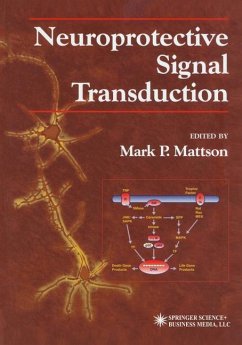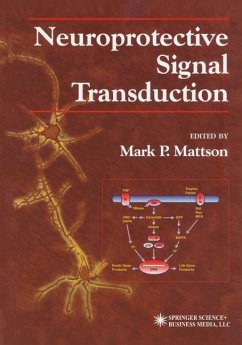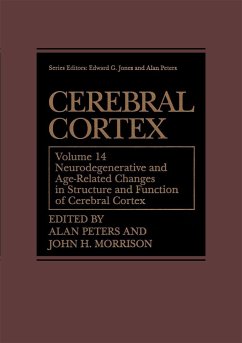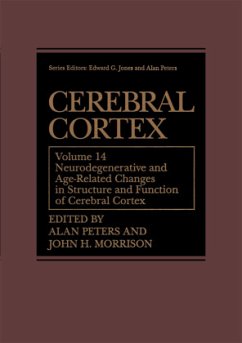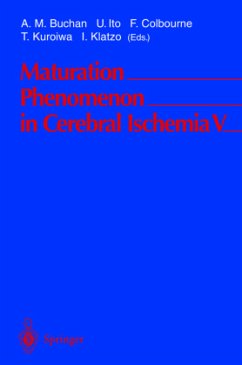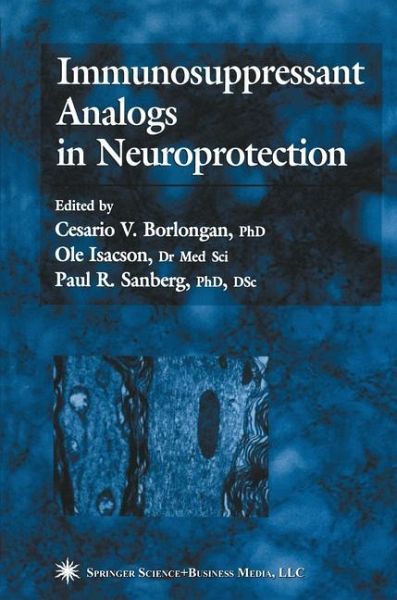
Immunosuppressant Analogs in Neuroprotection

PAYBACK Punkte
42 °P sammeln!
In recent years there has been a growing recognition that such widely used immunosuppressant drugs as cyclosporin and FK-506 and their analogs-the neuroimmunophilins-possess significant neurotrophic and neuroprotective properties in addition to their beneficial effects for transplant patients. In Immunosuppressant Analogs in Neuroprotection, pioneers in the field and leading neuroscientists and clinicians working with these drugs survey the most recent scientific evidence showing how they evolved from being purely immunosuppressant "drugs" to neuroprotective "agents." These authorities focus o...
In recent years there has been a growing recognition that such widely used immunosuppressant drugs as cyclosporin and FK-506 and their analogs-the neuroimmunophilins-possess significant neurotrophic and neuroprotective properties in addition to their beneficial effects for transplant patients. In Immunosuppressant Analogs in Neuroprotection, pioneers in the field and leading neuroscientists and clinicians working with these drugs survey the most recent scientific evidence showing how they evolved from being purely immunosuppressant "drugs" to neuroprotective "agents." These authorities focus on recent preclinical evidence that demonstrates the neurotrophic/neuroprotective effects of immunosuppressants when administered alone or when combined with neural transplantation therapy in animal models of neurological disorders. They discuss their efficacy and mechanisms of action in vitro and in vivo; using these models of CNS disease, they report laboratory studies with compelling clinical indications for Alzheimer's disease, Huntington's disease, stroke, traumatic brain injury, spinal cord injury, ALS, sciatic nerve injury, and drug addiction. They also present novel hypotheses on the mechanisms of neuroprotection, ranging from the blockade of mitochondrial permeability transition pores to free radical scavenging to the inhibition of calcineurin.
Authoritative and cutting-edge, Immunosuppressant Analogs in Neuroprotection demonstrates that CsA, FK-506, and the immunophilins exert neuroprotective effects on their own and will serve well as a new breed of neuroprotective agents for the treatment of neurological disorders.
Authoritative and cutting-edge, Immunosuppressant Analogs in Neuroprotection demonstrates that CsA, FK-506, and the immunophilins exert neuroprotective effects on their own and will serve well as a new breed of neuroprotective agents for the treatment of neurological disorders.






